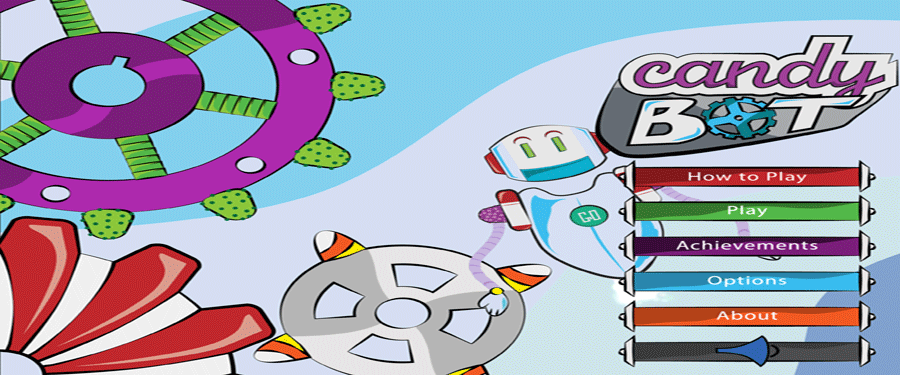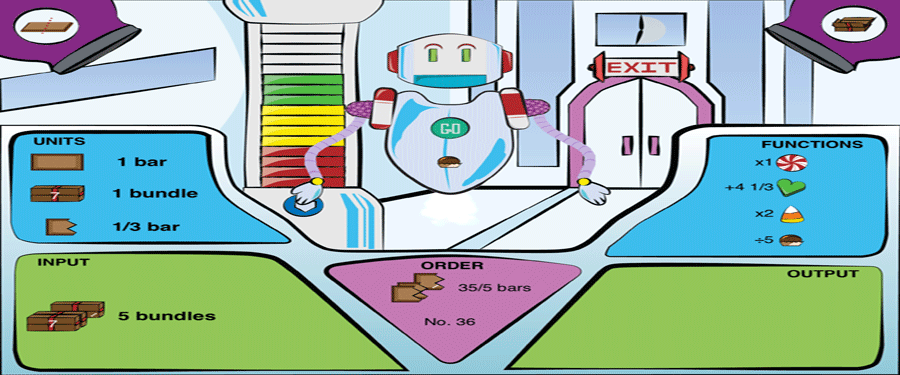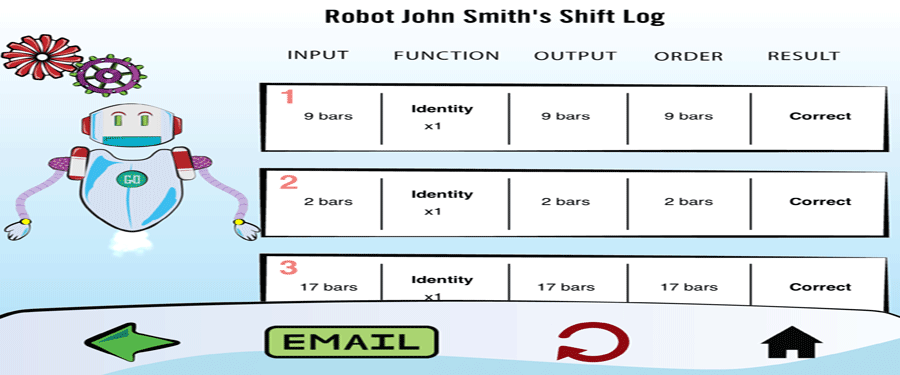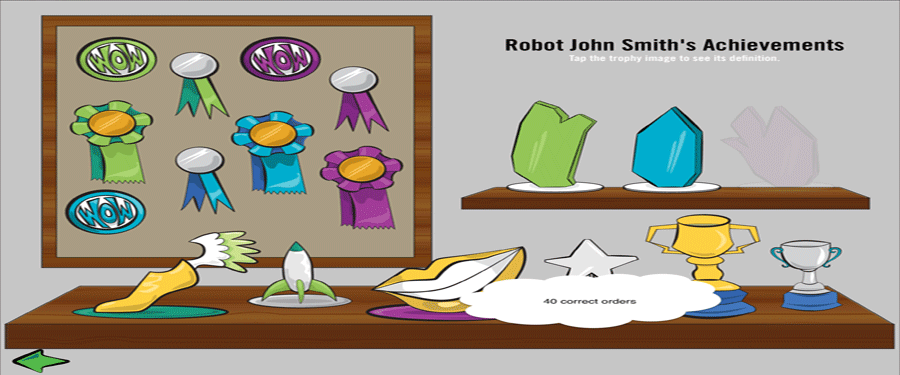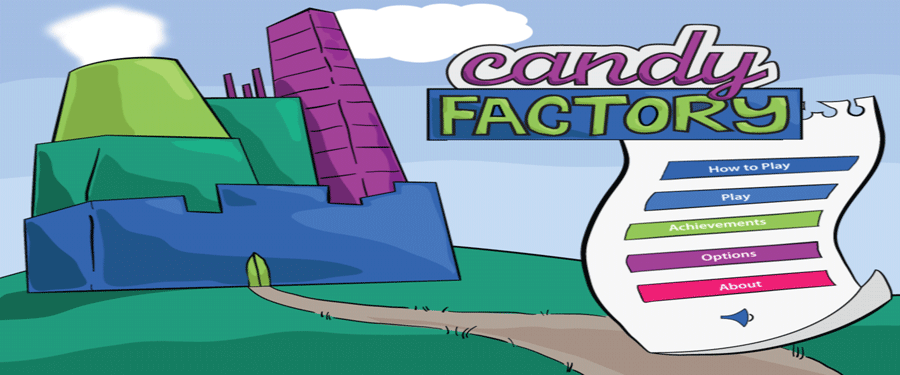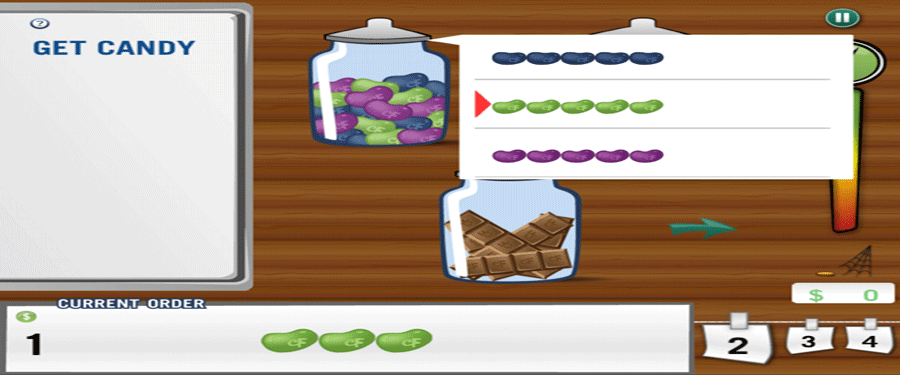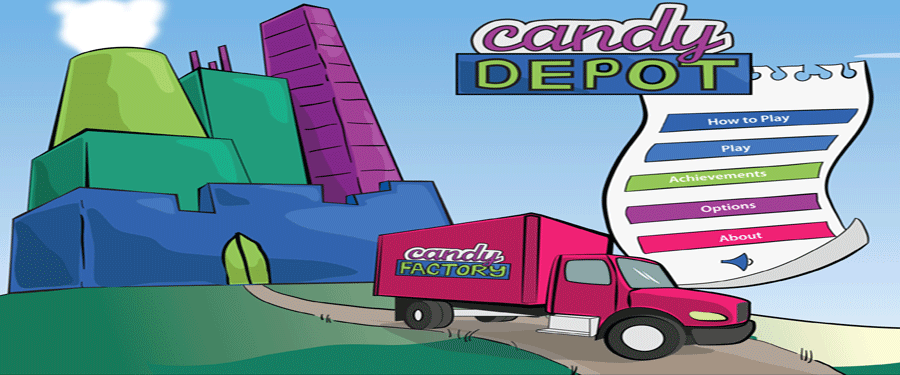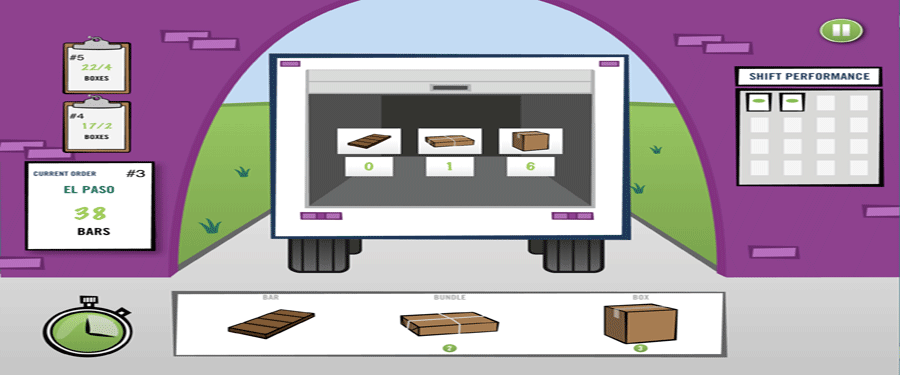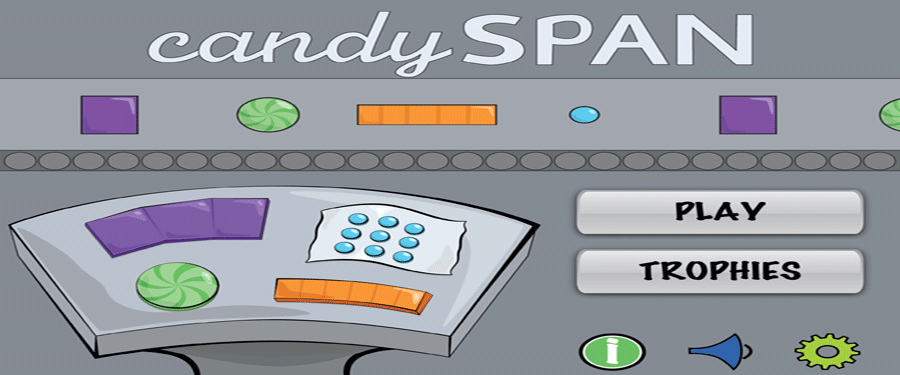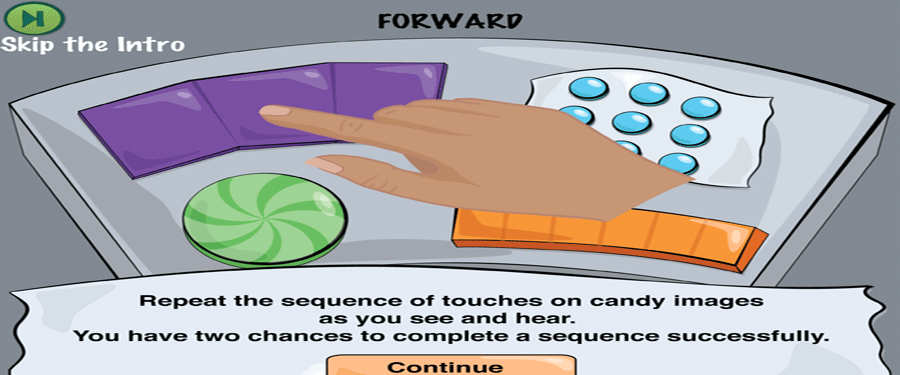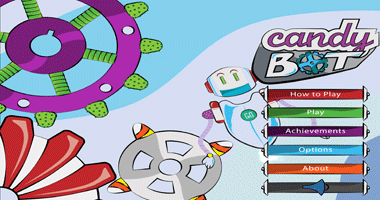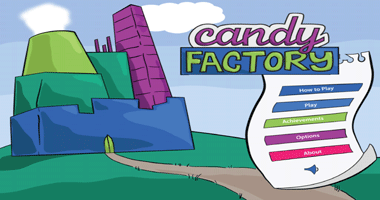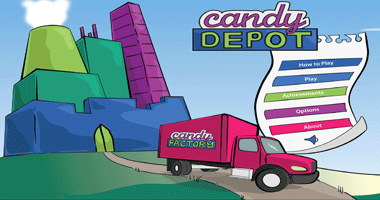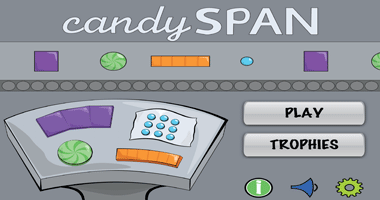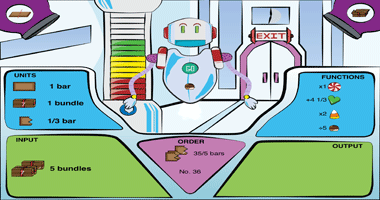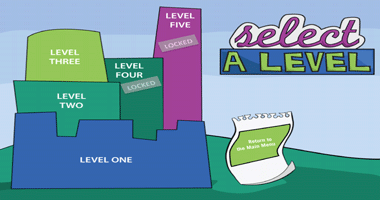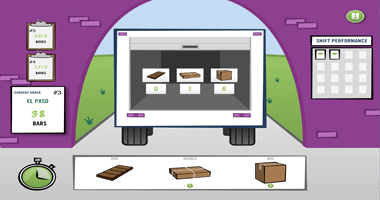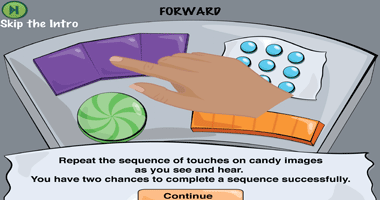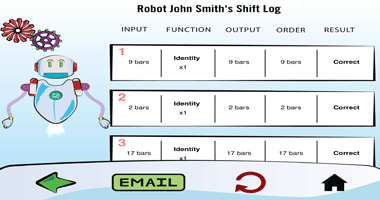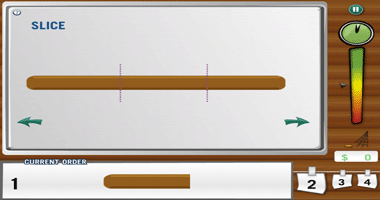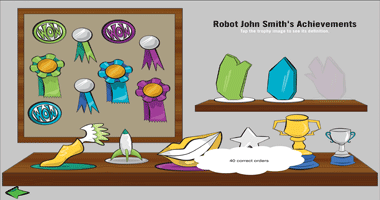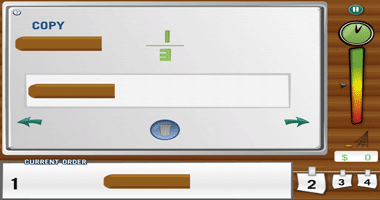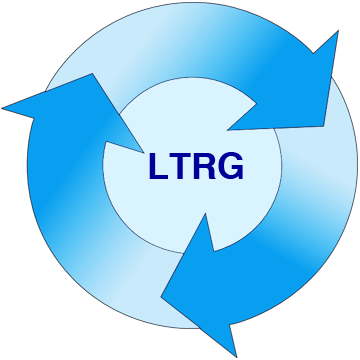GAMES Project
National Science Foundation
Division of Research on Learning in Formal and Informal Settings (DRL)
Award Number 1118571
“Gateways to Algebraic Motivation, Engagement and Success (GAMES): Supporting and Assessing Fraction Proficiency with Game-Based, Mobile Applications and Devices”
Award Description: http://www.nsf.gov/awardsearch/showAward?AWD_ID=1118571
Summary
The Gateways to Algebraic Motivation, Engagement and Success (GAMES): Supporting and Assessing Fraction Proficiency with Game-Based, Mobile Applications and Devices project is a full research and development project addressing NSF DR K-12 challenge 5. For this 3-year project we target the learning of pre-algebraic fraction concepts by middle school students by examining links between motivation, engagement, and fraction proficiency.
According to Norton and Wilkins (in press), students’ development of measurement concepts for fractions marks a critical point in their progression toward algebra-readiness. Most grade 6 students commonly rely on part-whole conceptions alone. However, students who learn to sequence, partition, and iterate – as in measuring fractional sizes – go on to construct and conceptualize splitting operations, developing a distinct advantage for algebra-readiness (Norton & Wilkins, 2009). Thus, a major goal of GAMES is to support the constructions of splitting concepts by designing digital games that require students to coordinate sequencing, partitioning, and iterating operations in goal-directed activities.
Not all games are designed equally. Our development of educational digital games is grounded in the engagement states of cognitive, behavioral, and affective domains known to facilitate learning. Consequently, PIs will investigate the means to strengthen algebra-readiness, by conducting research on the role of engagement in mathematics learning using game-based curricula on mobile devices. The team includes a coalition of three colleges at Virginia Tech (Liberal Arts & Human Sciences, Science, and Engineering), the Danville Public School System in Virginia, and the Institute for Advanced Learning and Research. The research plan includes:
- adopt known hypothetical learning trajectories to guide game and task design to support students’ development from part-whole conceptions of fractions to richer conceptualization of splitting operations;
- implement use of curriculum applications and mobile device assessments in classrooms to collect data for the assessment of concurrent and longitudinal associations between engagement and fraction proficiency, emulating experimental design (matching classes by teachers, student composition, grade levels, and random assignment of classes to treatment and control groups); and
- disseminate professional development activities associated with our findings to promote pre-algebra instruction using game-based learning on mobile devices.
Intellectual Merit:
GAMES proposes a systematic investigation of how digital games engage students and how game features can be leveraged to enhance the learning of fractions. Our research questions are as follows:
- What factors (psychological, intellectual, contextual) associated with low proficiency in fractional operations for middle school students are amendable to manipulation through digital games?
- Does GAMES enhance the level of engagement in learning fractions based on the three identified engagement states (cognitive, affective, behavioral) in these low-performing students? If so, which attribute(s) of GAMES is most effective at promoting engagement?
- Does a GAMES-based curriculum result in greater student proficiency in fractional operations? If so, which factors have the greatest impact on low-performing students’ understanding of fractions?
As part of questions 2 and 3, we will test two general hypotheses. The first is the mediation hypothesis, which inquires into how well the game’s concept is learned operates through the child’s engagement states. The second hypothesis is the moderation hypothesis, which inquires into how well the concept is learned dependent on the child’s engagement. We will use data regarding differential exposure to content, measured individual differences in engagement, and measured proficiency on problem solving using the concept as evidence of learning.
Broader Impacts:
Across southern Virginia, middle school students continue to struggle with prealgebra mathematics, specifically the integration of foundational concepts to promote higher-order thinking such as fractional operations. Our goal is to develop a scalable model for developing digital game-based applications that enhance student learning by leveraging engaging environments like mobile computing. The combined efforts of our work are predicted to result in the following:
- a conceptual framework for identifying the aspects of engagement that significantly contribute to a student learning of fraction concepts and learning in general;
- a robust game-based, mobile platform that allows for embedded data collection to facilitate assessment of curriculum proficiency and engagement factors; and
- a design and development process for improving existing curriculum applications for middle school mathematics teaching and learning.
During the 4-year project, GAMES will serve up to 150 students in middle school from ethnically diverse and rural, low socio-economic communities. Results will generalize to other regions with similar demographics. In the end, GAMES is positioned as a 21st century vision for education.
Funding Agency
National Science Foundation (NSF) Discovery Research K-12 (DRK-12)
Project Duration
August 15, 2011 through July 31, 2015
